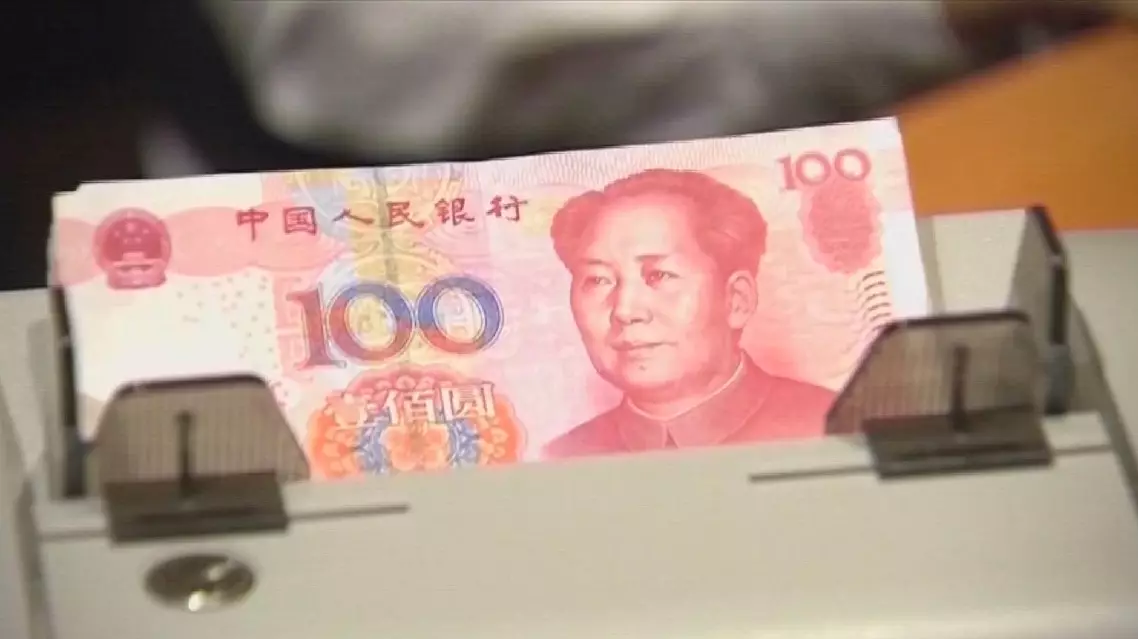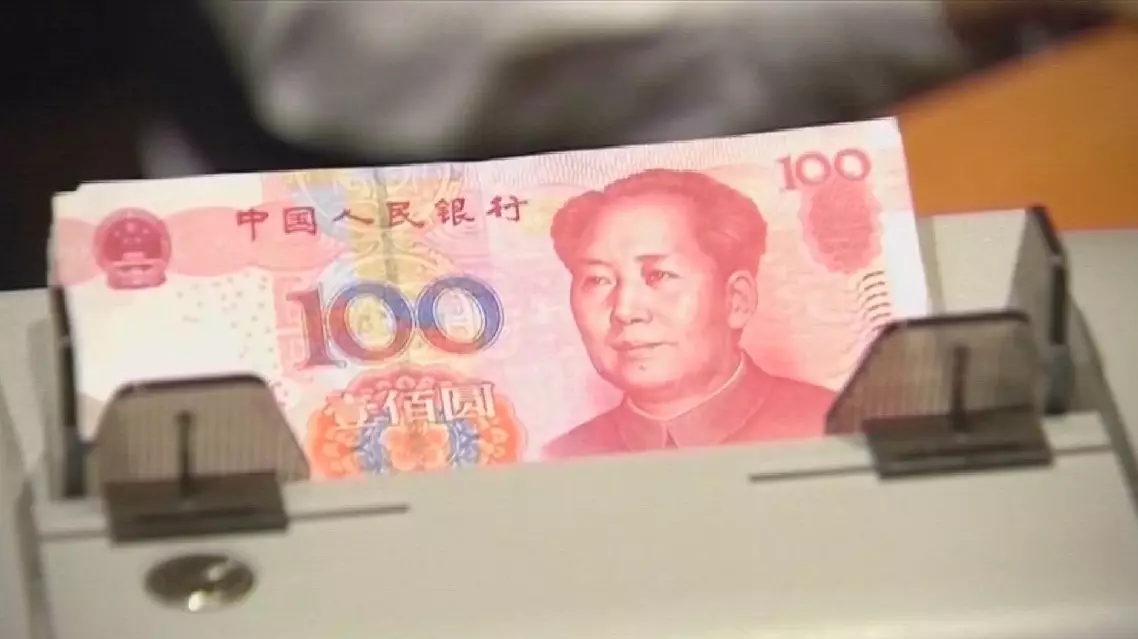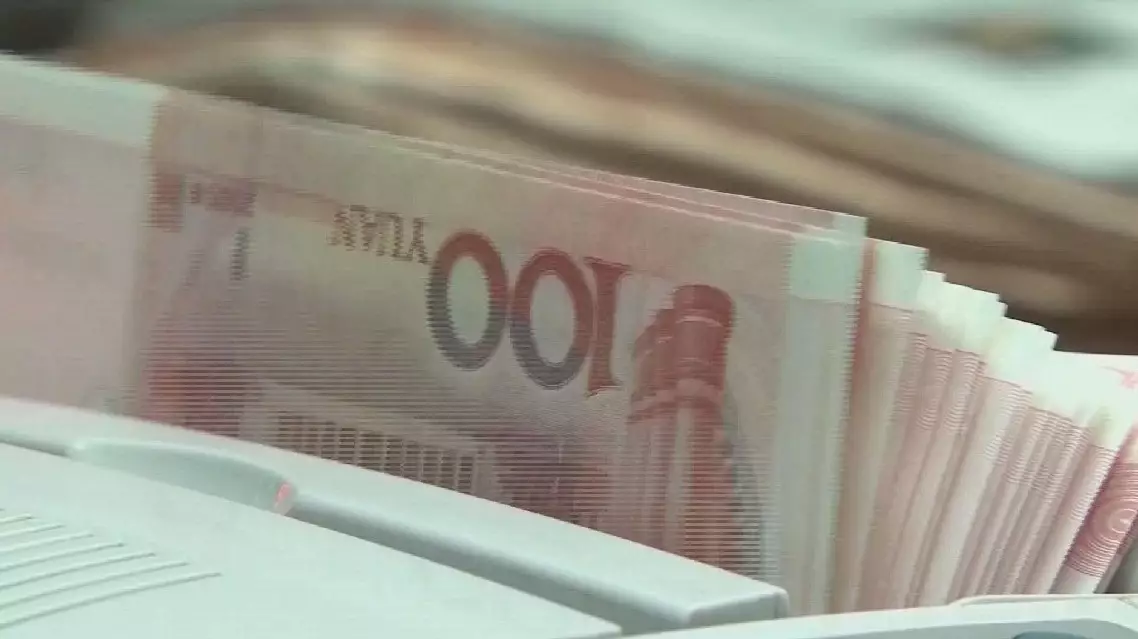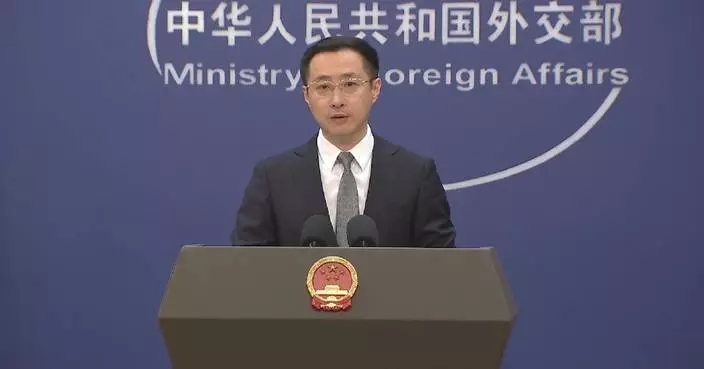China will set a higher deficit-to-GDP ratio for 2025 in line with a more proactive fiscal policy and an appropriately accommodative monetary policy, said an official of the Office of the Central Committee for Financial and Economic Affairs when elaborating the country's annual Central Economic Work Conference.
China held the Central Economic Work Conference in Beijing from Dec. 11 to 12, analyzing the current economic situation and arranging the economic work for the upcoming year.
Next year, China will implement a more proactive fiscal policy for the first time, and adopt an appropriately accommodative monetary policy after having a prudent monetary policy for 14 consecutive years, according to the official, adding that more practical measures will be announced.
In terms of fiscal policy, the country will set a higher deficit-to-GDP ratio and increase the issuance of ultra-long special treasury bonds to expand fiscal spending intensity and ensure a strong and more impactful boost to economic growth, said the official.
Efforts will focus on optimizing the structure of fiscal expenditure, expanding the scope of special bonds and their use as project capital, and making good use of transfer payment policies, so as to ensure the people's basic wellbeing, payment of salaries, and normal government functioning, according to the official.
Meanwhile, China will advance reforms on fiscal and taxation systems, and will seek new breakthroughs in areas including reforms on zero-based budgeting and the shifting of certain tax collection further down the production-to-consumption chain, said the official.
The official said to implement an appropriately accommodative monetary policy, China will further leverage the function of monetary policy tools in both quantity and structural terms, driving more funds to flow more quickly into the real economy.
The country will reduce the reserve requirement ratio and interest rates when appropriate, maintaining ample liquidity and seeing that aggregate financing and money supply stay in step with the projected economic growth and CPI increase, said the official.
The RMB exchange rate should remain generally stable at an appropriate and balanced level, said the official, adding that explorations will be made to expand the central bank's function in macroprudential regulation and maintaining financial stability, and innovate financial instruments, so as to keep the financial market stable.

China pledges to raise deficit-to-GDP ratio for 2025

China pledges to raise deficit-to-GDP ratio for 2025









